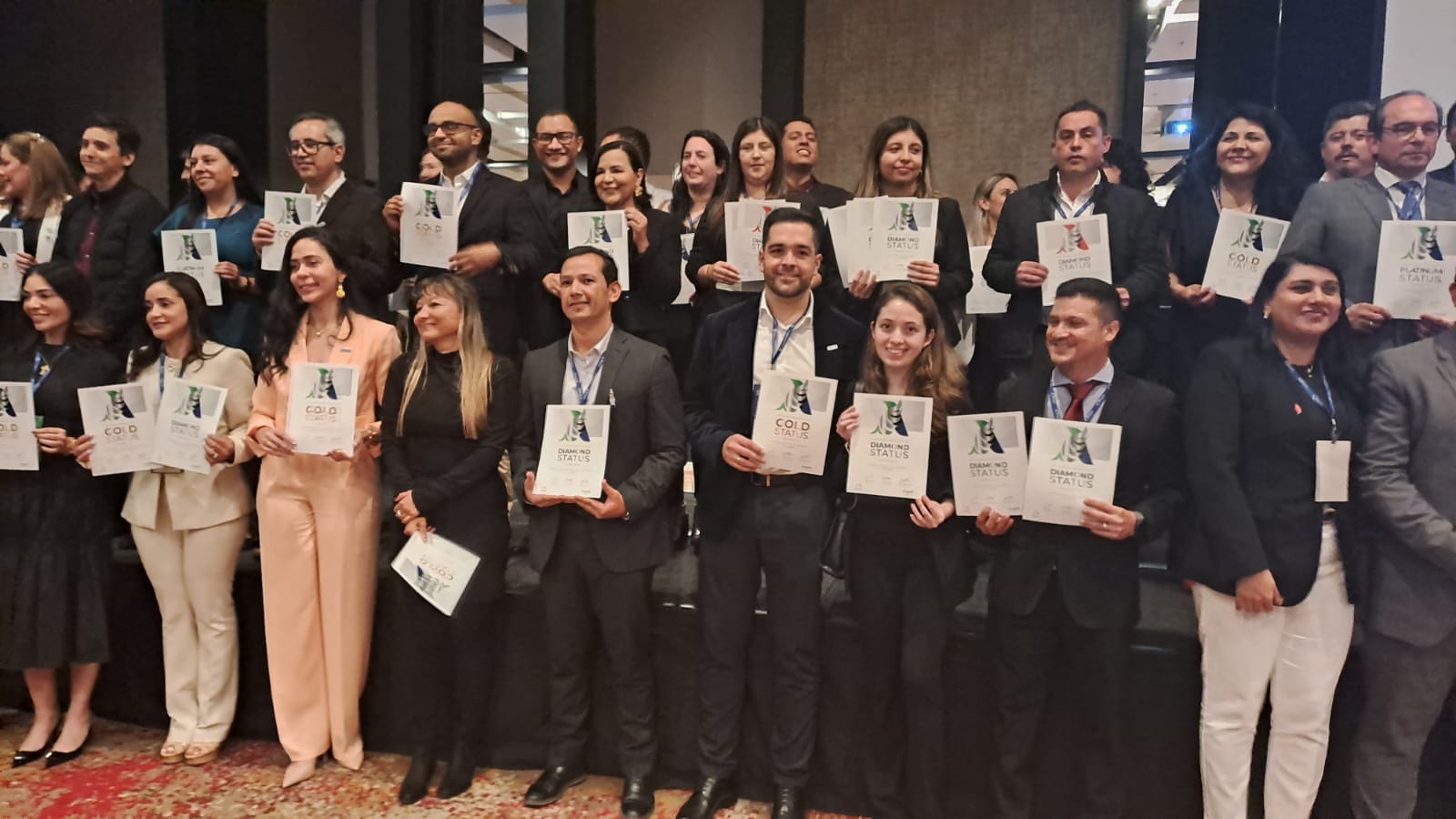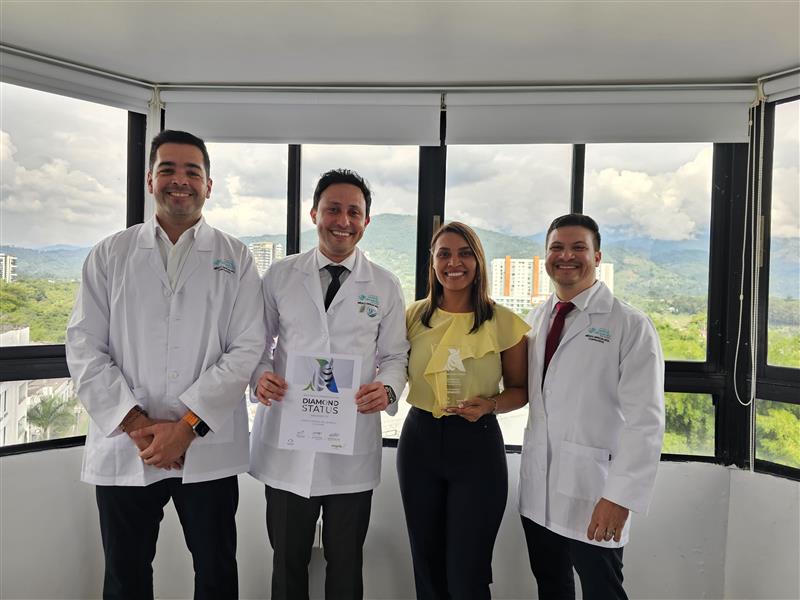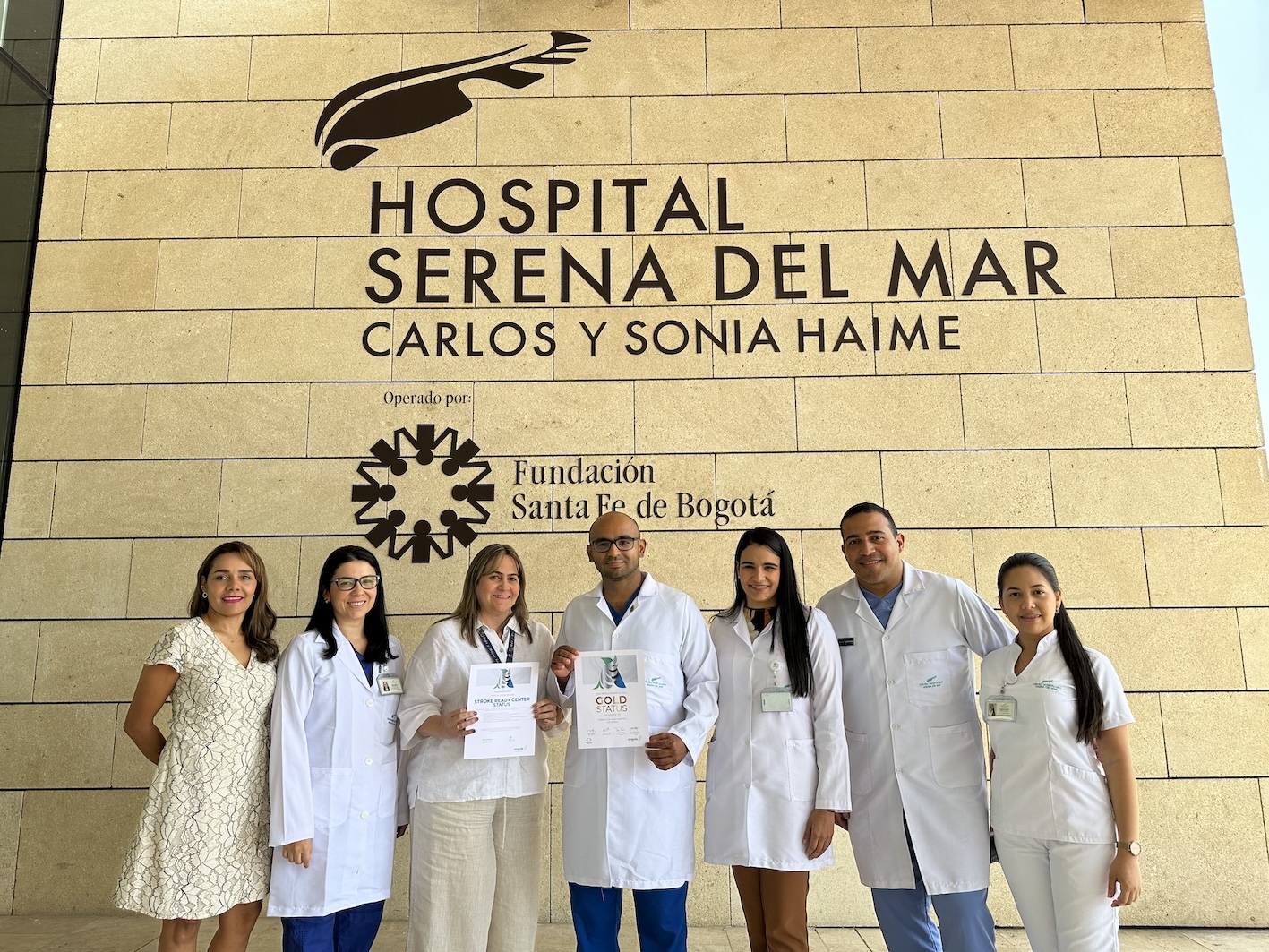Doctor Marcello Naccarato and Prof Paolo Manganotti of the University Hospital in Trieste describe how joining Angels helped them optimize the stroke path in one of Italy's earliest stroke units.

The Stroke Unit of Trieste was created in 1991 and was among the first in Italy. From 2005 onwards we began to treat patients with acute ischemic stroke with thrombolysis, and we participated in the drafting of therapeutic programs dedicated to stroke in the region of Friuli-Venezia-Giulia.
In 2015, thanks to the local and regional monitoring programs on time-dependent networks, a new regional protocol on stroke (PDTA) was launched and thrombectomy was started. The regional protocol took into account the geographic and physical characteristics that are peculiar to the border area in which Trieste is located.
As a consequence, the Friuli-Venezia-Giulia region has quickly become one of the major Italian regions in the administration of thrombolysis, with a huge contribution of the Trieste area, where the recanalisation rate grew from 7% of hospitalized ischemic stroke patiets to the 27%. The rate of admissions to the Stroke Unit for acute stroke also grew, and currently 70% of all acute strokes are hospitalized in the neurological area.
In 2018 we began the wonderful experience with Angels, which allowed us to re-evaluate the internal stroke path and improve it by performing simulations and by activating a dedicated working group involving neurologists, professional nurses, radiologists, the emergency department and EMS.
The main changes resulting from the simulations and meetings have been:
1. Prehospital notification of suspected stroke patients
2. Early evaluation by the neurologist upon arrival in the emergency room
3. Priority access of the patient to the CT room
4. Decision-making (thrombolysis/thrombectomy) in the CT room
5. Treatment starts before the arrival of blood tests results, when possible, according to the stroke case
6. Shared path with the territory for greater access to acute treatments for ischemic stroke in the surrounding area
7. Frequent meetings to review choices made, and evaluate the path for each patient admitted
By joining the Angels project it became possible to reduce door-to-needle times (all patients are treated with thrombolysis within 60 minutes, and many within 45 min), and door-to-groin times (most under 90 min). We have also seen an increase in the number of thrombectomies performed, and increase in the number of thrombolysis, and in patients admitted to the Stroke Unit, also reducing mortality and disability at discharge.
We currently enjoy Platinum level recognition in the ESO Angels Awards program, but we are aware that many improvements still need to be made.
The experience gained over the years has finally allowed us to develop ad hoc paths even during the pandemic, to ensure fairness of care and timing for all patients. All the work carried out and the progress that has been made are only possible thanks to the dedication of all the staff involved: our heartfelt thanks therefore goes to the nurses, healthcare professionals, doctors, speech therapists, physiotherapists, radiologists, and radiology and angiography technicians.
Lastly, a big thank you to Angels!



